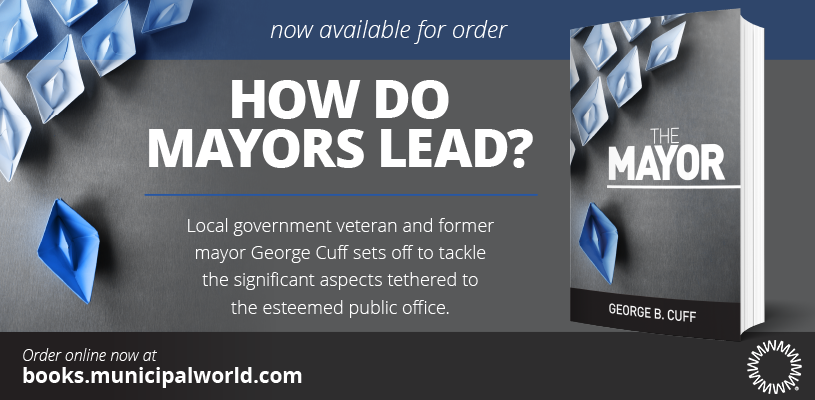The trendwatching trend

Poets can be wrong. Some 250 years ago, Thomas Gray wrote, “Where ignorance is bliss, tis folly to be wise.” These days ignorance is rarely bliss. Given the current pace of change, being ignorant is more likely to be a risky business.
Why has being a trendwatcher become so important?
It’s because today we’re living though an unprecedented transformation as we move into the information or knowledge economy. To make it even more complicated, we’re still in the last stages of the industrial economy, emerging into the knowledge economy while glimpsing a new economy based on biological and ecological principles that some are calling the organic economy (organic in the sense that the things we make and how we make them will be tied to understanding and reading life, and then programming life for specific purposes).
There is no doubt we are in the midst of a fundamental turning point in history that is changing the way we think, communicate, and ultimately will live.
Drilling Down to Your Sector and Beyond
Technology has made it much simpler to watch and scan for trends. You can simply subscribe to relevant newsletters or listservs or explore websites that track trends on a regular basis.
While having a handle on the bigger picture is critical, it is also important to be clear about what you are collecting trends about and then to go deeper within that area. For instance, a business owner might look for information about consumer trends, whereas municipal staff might track trends related to community leadership and community development. It is essential that you know your interest or industry and follow its unique trends via journals, newsletters, and listservs.
It is also important to read about sectors or industries other than your own. A good way to do this is to periodically visit the bookstore and scan books and resources that extend to interests beyond your own.
Good trendwatchers also pay attention to the “word on the street.” You might just find the most relevant information comes from the grassroots of your community. For instance, one municipal recreation manager reported that a local sports store owner had told her over 15 years ago that communities needed to start considering skateboard parks as being as foundational as tennis courts, arenas, and baseball diamonds. He definitely got that right.
You don’t have to like every trend, and you also need to be careful that you don’t dismiss anything too quickly. Instead of dismissing, ask questions and learn more. Try to ignore your own bias or negativity, as all of that could block your ability to pick up new ideas.
Once you are aware of the trends, ask yourself how each of these trends could affect and change your sphere of influence. For instance, we know the birthrate in Canada is slowing, except in immigrant and aboriginal families. What could that mean in terms of potential for your business, community, or organization? Think about how it could potentially impact or influence your company, organization, or community’s vision and direction. Could it lead to a new concept, product, service, program, or initiative, or could it mean changes are needed in those that already exist?
Of course, while it is impossible to predict the future, it is possible to use a combination of analysis, intuition, and logic to better understand what’s happening today in order to exploit trends as possibilities. As business guru Peter Drucker once said, “I never predict. I just look out the window and see what is visible, but not yet seen.” MW
A version of this article was published in Municipal World, December 2011
✯ Municipal World Insider and Executive Members: You might also be interested in the full version of this article or in Sean Meyer’s article: Future St. Stephen: Revitalization initiative leverages cultural and economic diversity. Note that you can now access the complete collection of past articles (and more) from your membership dashboard.
Brenda Herchmer is the owner of Grassroots Enterprises, a company specializing in community development and community leadership. Brenda the Principal Collaborator for Campus for Communities, a micro college built as a social enterprise to help strengthen capacity for innovation and systems change.
Related resource materials:



